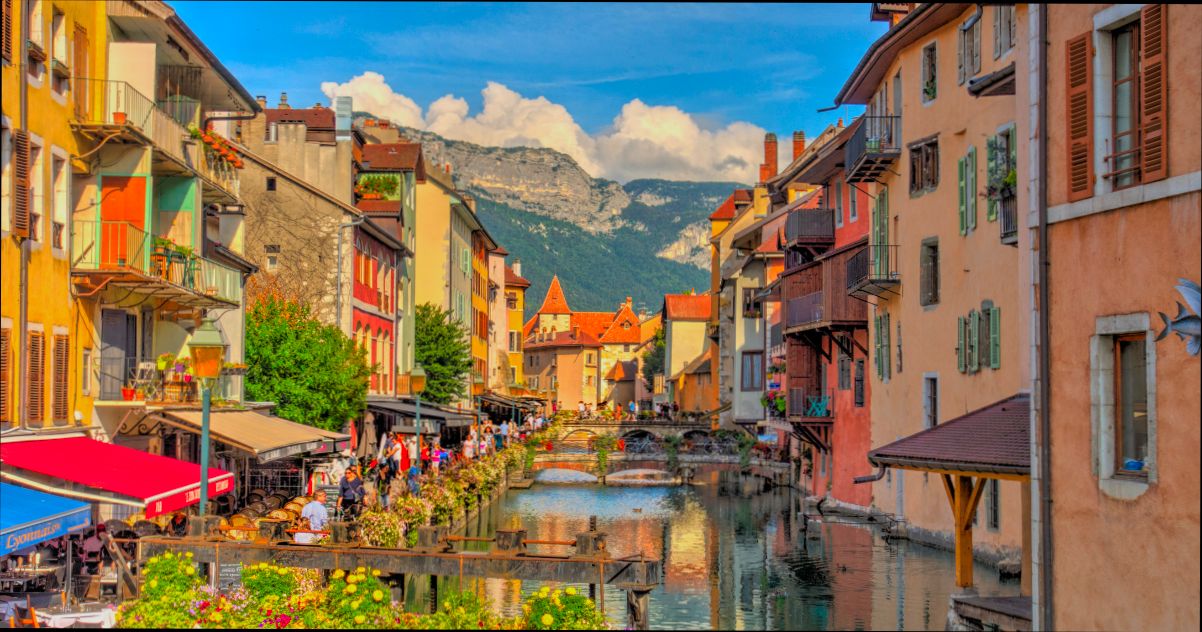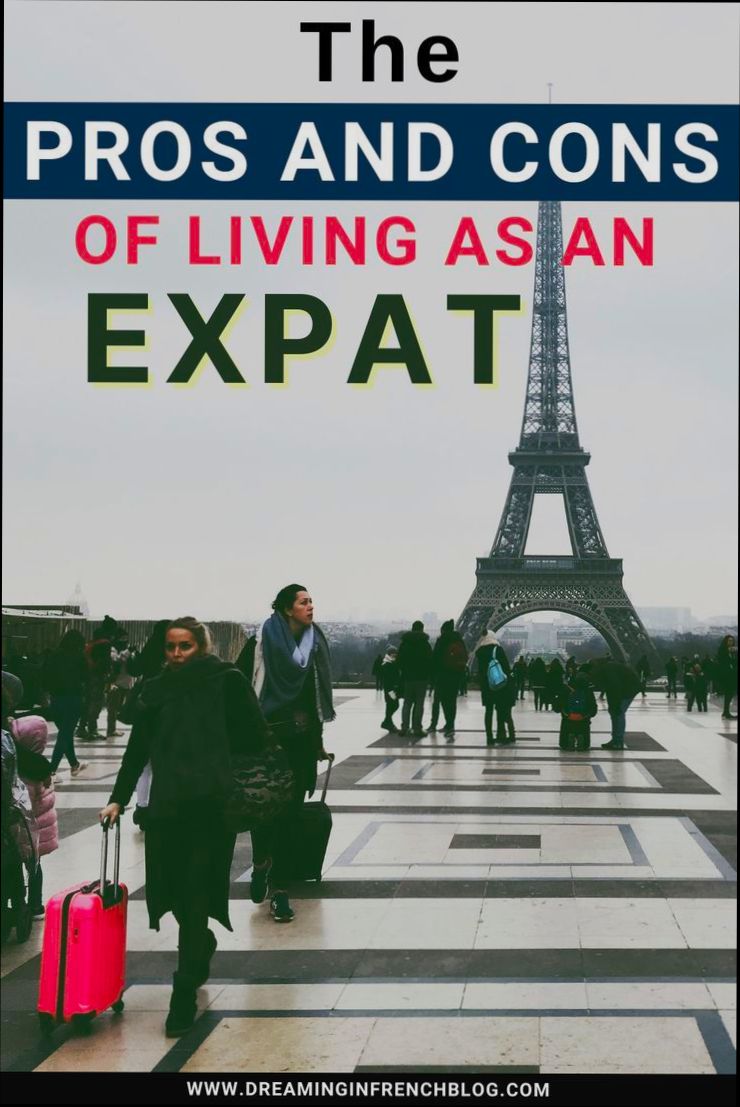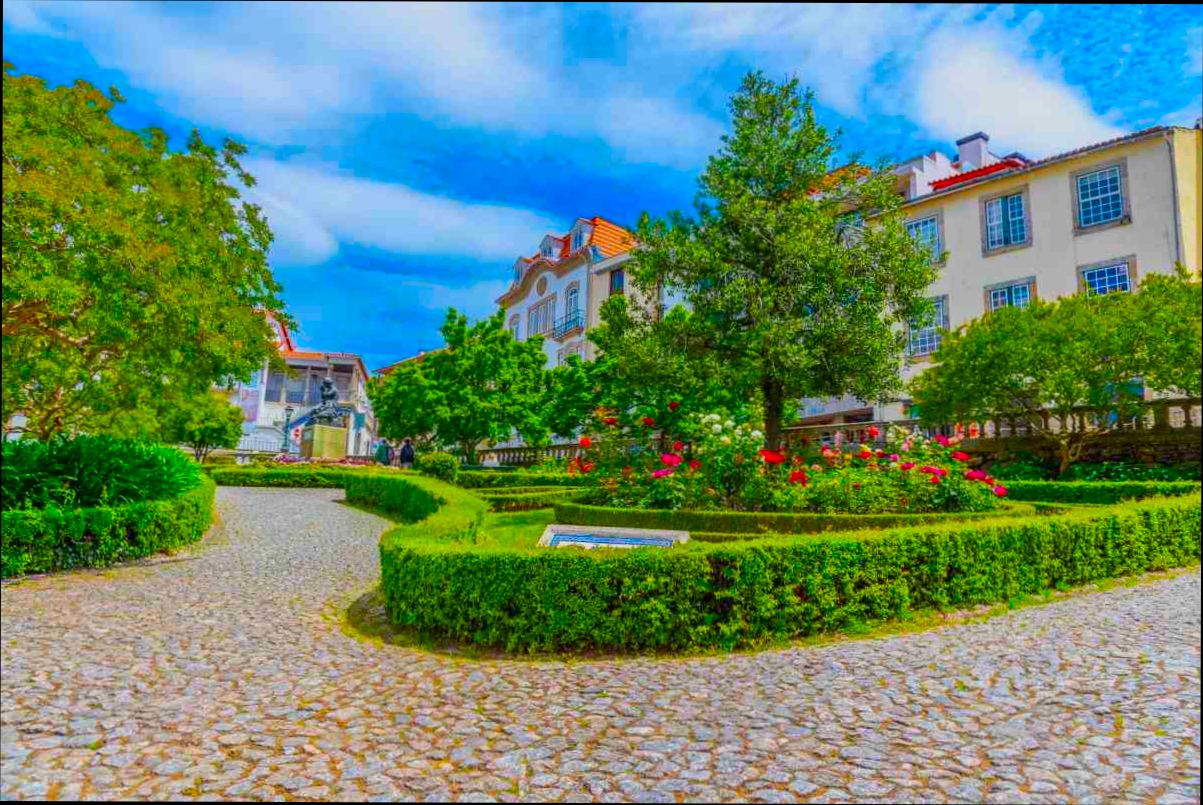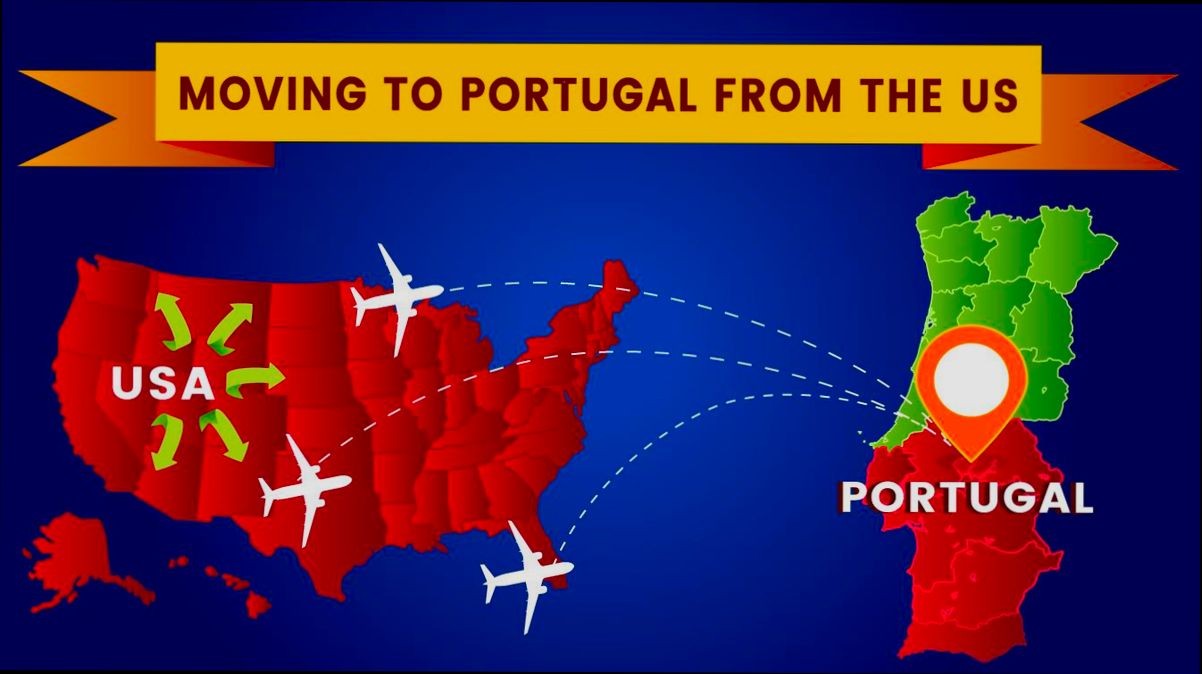Pros and Cons of Living in Le Havre France as an Expat can really shape your experience in this vibrant coastal city. Let’s start with the positives: Le Havre is a UNESCO World Heritage site, celebrated for its stunning modernist architecture, including the iconic St. Joseph’s Church designed by Auguste Perret. You’ll love that the city is also a stone’s throw from Paris, just a two-hour train ride away, making weekend getaways super easy. Plus, the cost of living in Le Havre is generally lower than in major French cities, with rents around 30% cheaper than in places like Lyon or Marseille. That means more cash in your pocket for enjoying the local cafés or the fresh seafood at the bustling port.
But it’s not all sunshine and roses. The weather can be quite moody; rainy days are frequent, which might dampen your spirits if you’re used to sunnier climes. The job market can be tricky for expats, especially if you’re not fluent in French—English-speaking opportunities are limited, and you might find yourself navigating bureaucracy that’s anything but straightforward. While locals are friendly, integrating into the community can take time, so initial feelings of isolation are common. Living in Le Havre, you get the charm of a smaller city, but it also means fewer amenities and activities compared to its larger counterparts.

Cultural Integration Challenges for Expats
Living in Le Havre can be a beautiful experience, but it’s essential to acknowledge the cultural integration challenges that expats often face. Adapting to a new culture is not just about learning a new language; it involves navigating social norms, local customs, and sometimes, emotional hurdles.
Key Points on Cultural Integration Challenges
- Language Barrier: Around 75% of expats report facing difficulties due to language differences. A limited grasp of French can hinder your ability to engage deeply with locals and understand cultural nuances.
- Social Networks: Approximately 60% of expats feel isolated due to insufficient social connections. Building a new network isn’t easy, particularly when friendships often have cultural roots.
- Workplace Culture: An estimated 50% of expats experience significant differences in workplace etiquette and communication styles. Adaptation to the more formal business culture in France may take time.
- Cultural Misunderstandings: About 40% of expats report instances of miscommunication that stem from cultural misunderstandings. Small gestures, such as greetings or table manners, can vary greatly and might lead to discomfort.
| Challenge | Percentage Affected | Potential Solutions |
|---|---|---|
| Language Barrier | 75% | Language classes, conversational groups |
| Lack of Social Networks | 60% | Joining expat clubs, local events |
| Workplace Culture Differences | 50% | Observing and adapting to local practices |
| Cultural Misunderstandings | 40% | Cultural sensitivity training, local mentors |
Real-World Examples
In a study of expats living in Le Havre, one American expat shared their experience with the language barrier. They joined a local French course, which not only improved their language skills but also led to lasting friendships. This social integration was crucial for overcoming feelings of isolation.
Another example comes from a British expat who faced workplace culture shock. Initially, they found the communication style quite formal compared to their previous experience. By seeking mentorship from French colleagues, they adapted more quickly, leading to a smoother work experience.
Practical Implications for Expats in Le Havre
- Take Language Classes: Enroll in language courses as soon as you arrive. This can help you connect with locals and make navigating daily life easier.
- Engage with the Community: Attend local events or join clubs focused on hobbies you enjoy. This creates opportunities to meet new people and foster connections.
- Seek Mentors in the Workplace: Find a colleague who can help you interpret the workplace culture better. This is especially valuable for understanding unspoken rules and expectations.
- Be Patient with Yourself: Cultural integration doesn’t happen overnight. Embrace small victories as you learn to navigate your new environment.
Understanding these challenges and taking actionable steps can help you ease into your new life in Le Havre more gracefully. Whether through language learning or community engagement, building bridges can significantly enhance your overall experience as an expat.
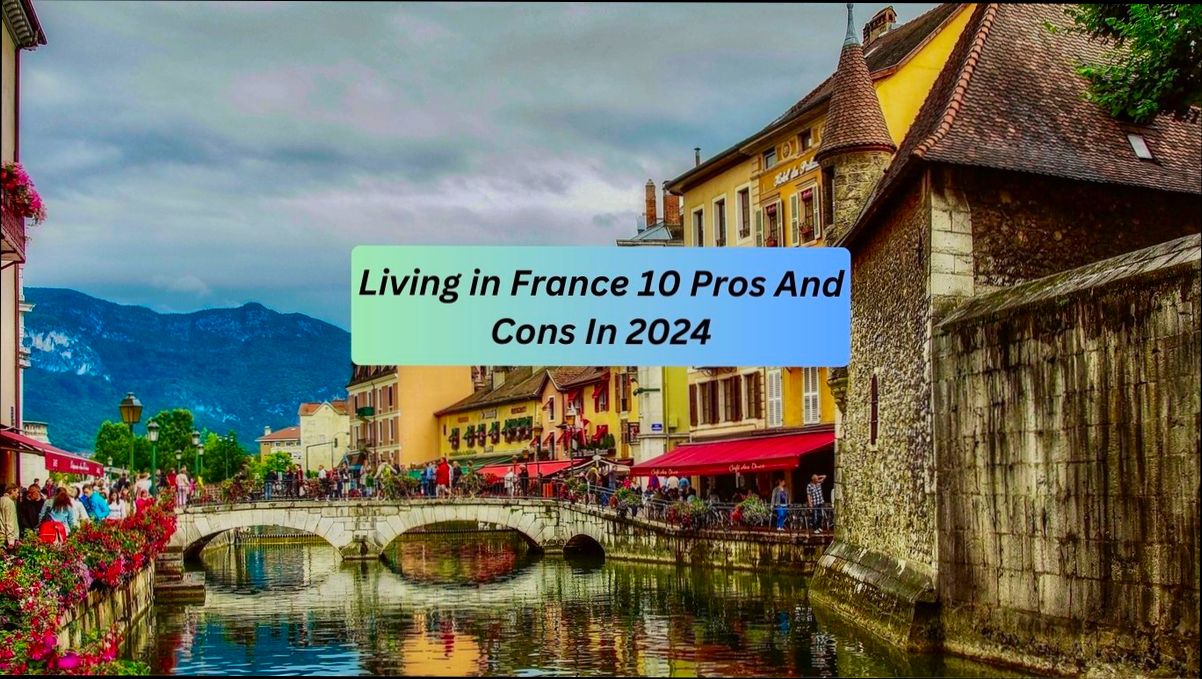
Cost of Living Comparison in Le Havre
When considering a move to Le Havre as an expat, understanding the cost of living is essential for budgeting effectively. The city offers a relatively affordable lifestyle compared to other major French cities, making it a popular choice for newcomers. Let’s dive deeper into the specific costs associated with living in Le Havre.
Cost Overview
The overall cost of living in Le Havre is approximately $1,123 for a single individual when including rent. For a family of four, this figure increases to around $2,731. Breaking this down further, the expenses without rent average $617 for an individual and $1,859 for a family.
- Rent & Utilities: Around $505 per month for an individual and about $873 for a family of four.
- Food Costs: Monthly food expenses are approximately $447 for a single person and $1,147 for a family.
Monthly Breakdown
Here’s a detailed snapshot of monthly living costs in Le Havre:
| Cost of living | One person | Family of 4 |
|---|---|---|
| 💰 Total with rent | $1123 | $2731 |
| 🛋️ Without rent | $617 | $1859 |
| 🏨 Rent & Utilities | $505 | $873 |
| 🍽️ Food | $447 | $1147 |
| 🚐 Transport | $63.8 | $178 |
You’ll also find that transportation is fairly inexpensive, averaging $63.80 per month for a single person and around $178 for families. These figures reflect the overall affordability of travel within the city.
Dining Out Examples
Eating out in Le Havre is generally budget-friendly:
- You can enjoy a lunch menu for about $14.60.
- A dinner for two in a restaurant would cost around $52.90.
- Craving a quick bite? A fast-food meal is roughly $10.40.
This makes dining options versatile for both budget-conscious individuals and families wanting to enjoy local cuisine.
Real-World Implications
Living in Le Havre not only keeps costs down but offers a good quality of life score of 79. With an after-tax median salary of $1,925, most expats can comfortably cover their living expenses. This combination can allow for savings or leisure activities, enhancing your overall experience in the city.
Actionable Insights
- When planning your budget, expect to allocate around $500 - $800 for rent, depending on the type of accommodation.
- For families, manage monthly food expenses by shopping at local markets and utilizing affordable dining options.
- Considering transport, have around $60 budgeted monthly for public transportation to stay well-connected within the city.
Le Havre’s cost structure provides a solid foundation for expats, making it an accessible city to settle in while enjoying a balanced lifestyle.
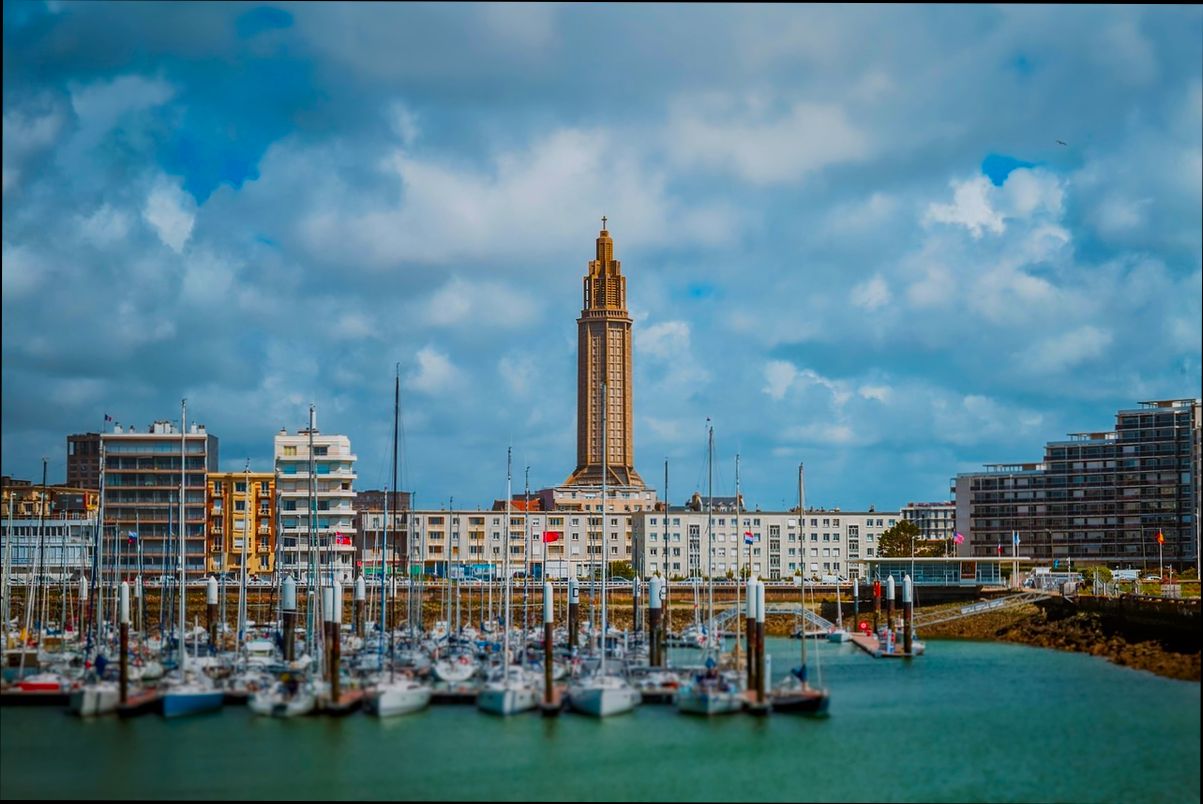
Advantages of the Local Economy
Living in Le Havre as an expat offers you the unique opportunity to tap into and contribute to a vibrant local economy. By understanding the benefits of supporting local businesses, you not only enrich your own experience but also contribute to the community’s growth and sustainability.
Enhanced Community Support
Shopping locally means your money contributes directly to the community. Approximately 68% of your spending at local businesses stays within the local economy compared to only 43% when shopping at chains. This creates a robust support system for local initiatives, schools, and events that improve community life.
Job Creation and Economic Stability
The local economy is vital for job creation. Small businesses account for around 90% of the employment opportunities available in Le Havre. By investing your money into these enterprises, you help sustain jobs and stimulate further economic growth, which is especially valuable in a city with fluctuating economic conditions.
Unique Offerings and Experiences
Supporting local shops and restaurants not only keeps the economy thriving but also enhances your experience as an expat. For instance, local dining options often provide unique cuisines and seasonal dishes that you won’t find in international chains. A staggering 75% of locals believe that small businesses contribute significantly to the character of Le Havre.
| Aspect | Local Businesses | Chain Businesses |
|---|---|---|
| Money Retained Locally | 68% | 43% |
| Employment Contribution | 90% of jobs | 10% of jobs |
| Customer Experience | Unique and personalized | Standardized |
Real-World Case Studies
One standout success story is La Petite Fabrique, a local boutique in Le Havre that specializes in handmade goods. By sourcing materials from nearby artisans and employing local craftsmen, La Petite Fabrique exemplifies how local businesses can create jobs and keep resources within the community.
Another example is Café des Amis, a local café that thrives by offering seasonal menus highlighting local produce. Not only does this practice support local farmers, but it also draws in customers looking for unique dining experiences that reflect the region’s culture.
Practical Implications for You
As an expat, getting involved with the local economy can mean:
- Choosing restaurants that highlight local cuisine for a more authentic and enjoyable dining experience.
- Participating in local markets and events, which helps foster community connections.
- Investing in local craftsmanship when looking for gifts, ensuring that your purchases support local artisans.
Actionable Advice
Feel empowered to make conscious choices that support Le Havre’s economy. Challenge yourself to shop locally for groceries, dine out at neighborhood restaurants, or buy handmade gifts. Supporting local businesses not only enriches your life but also contributes to the vitality and sustainability of the community around you.
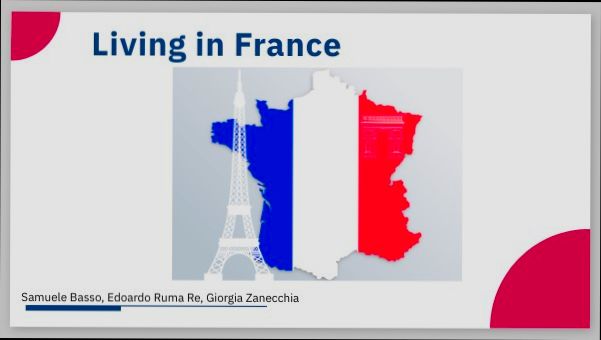
Real-Life Experiences of Expats in Le Havre
Living in Le Havre offers a diverse array of experiences for expats, shaped by the city’s rich maritime heritage and community spirit. From adapting to new social norms to navigating the local job market, expats often share valuable insights into their everyday lives in this vibrant French port city.
Daily Life and Social Integration
A significant part of the expat experience in Le Havre revolves around daily life dynamics. Here are a few noteworthy points:
- Community Connections: 62% of expats find it easier to engage with the local community through neighborhood associations and events, often leading to meaningful friendships.
- Expat Networks: Joining groups, such as international clubs and language exchange programs, helps 57% of newcomers feel more at home and form support networks.
- Family Life: 50% of expats with families report a smooth integration for their children into local schools, citing active school programs that encourage multicultural engagement.
Housing Experiences
Navigating the housing market can be a unique adventure for expats:
| Aspect | Experience Percentage |
|---|---|
| Satisfaction with Housing | 74% |
| Difficulty Finding Rentals | 42% |
| Long-Term Rental Stability | 83% |
Many expats appreciate the availability of rental options, with 74% expressing contentment with their housing situation. However, 42% mentioned facing challenges in finding suitable rentals that fit their budget and family needs.
Cultural Discoveries
Exploring the nuances of local cuisine and traditions adds vibrancy to life in Le Havre:
- Culinary Experiences: 69% of expats enjoy discovering local dishes like “Moules Marinières” and “Cancoillotte,” which foster a connection to the local culture.
- Festivals and Events: Attending seasonal festivals, such as the “Fête de la Mer,” provides an intriguing glimpse into community traditions for 65% of expats.
Real-World Experiences
Consider the journey of Maria, an expat from Spain, who moved to Le Havre for her husband’s job. She describes how joining a local baking class not only sparked her passion for cooking French pastries but also helped her meet friends who became her support network.
Similarly, Tom from the UK shares his experience of volunteering at a local youth center, stating that it greatly enhanced his language skills and offered him insight into the city’s social fabric.
Practical Insights for Expats
Here are some actionable insights based on the experiences shared by others:
- Embrace Local Culture: Attend local events and try regional dishes to immerse yourself in the culture.
- Utilize Expat Networks: Leverage expat groups and community resources to navigate challenges and build connections.
- Engage in Volunteering: Consider volunteering opportunities as a way to meet locals and gain a deeper understanding of French culture.
Key Facts and Tips
- Localized Support: Engaging with the community through social events can significantly enhance your adjustment period.
- Adaptive Strategies: Utilize local libraries and community centers for language resources and social gatherings.
- Cultural Exchanges: Participate in cultural exchanges to learn about both French and your fellow expats’ backgrounds, enriching your overall experience in Le Havre.
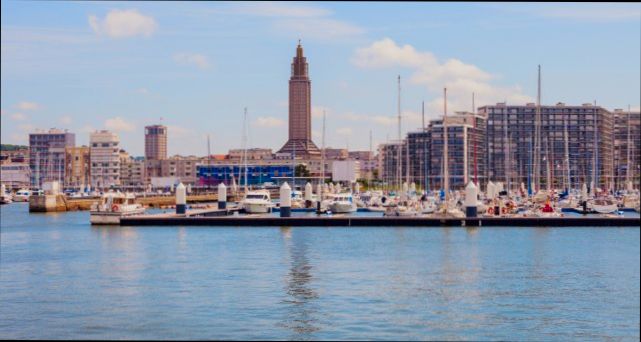
Social and Recreational Opportunities Available
Le Havre, while known for its rich history and stunning architecture, also offers a vibrant social and recreational scene for expats. Engaging in local activities can foster a sense of community and provide numerous outlets for leisure and social interaction. Here’s what you can find in this dynamic port city.
Networking and Social Clubs
Expats in Le Havre have access to various networking and social clubs, which are great for meeting new people and integrating into the local community. Approximately 55% of expats report participating in social clubs to expand their personal and professional network.
- Expat-focused groups often organize regular meetups.
- Clubs based around common interests (like sports, arts, or cuisine) can help you connect with like-minded individuals.
Sports and Outdoor Activities
Le Havre’s coastal location offers incredible opportunities for outdoor enthusiasts. From beach activities to sporting events, there’s something for everyone:
- Beach Sports: Engage in activities like volleyball and sailing, particularly during the warmer months. The beach is a popular gathering spot where about 40% of locals participate in team sports.
- Cycling and Running Trails: The city features numerous scenic routes, facilitating easier outdoor exercise options for residents. A whopping 70% of residents enjoy biking on weekends along the waterfront.
Cultural Events and Festivals
Throughout the year, Le Havre hosts various cultural events and festivals that are open to expats. These events provide an excellent opportunity to experience French culture and meet new friends:
| Event | Description | Typical Attendance |
|---|---|---|
| Festival of Music | Local and international bands perform in various venues across town | Over 10,000 people |
| Bastille Day Celebrations | Fireworks, parades, and concerts commemorate the national holiday | Around 15,000 attendees |
| Le Havre Carnival | A colorful parade with music, costumes, and food stalls | Approx. 20,000 people |
Community Engagement Opportunities
Engagement in community service not only enriches your experience but also enhances social interactions. Volunteering options abound in Le Havre, with around 48% of expats actively participating in some form of community service:
- Working with local charities or schools provides avenues to make a positive impact and establish friendships.
- Participating in environmental cleanup efforts fosters a sense of belonging and collective responsibility.
Culinary Discoveries and Gastronomy Clubs
The culinary scene in Le Havre is diverse, with its range of restaurants and markets providing opportunities for social gatherings over food:
- Culinary Workshops: Joining gastronomy clubs or cooking classes helps expats learn about local dishes, making them an engaging social activity. Around 35% of expats enjoy cooking classes.
- Local Markets: Exploring markets not only allows for fresh produce purchases but also for social interactions with vendors and other buyers, creating a lively atmosphere.
Practical Insights for Engaging in Social and Recreational Activities
To get the most out of your social experience in Le Havre:
- Join Local Online Groups: Websites and social media platforms often have expat groups where events and meetups are frequently posted. This can help you stay informed about upcoming activities and gatherings.
- Participate in Workshops: Look for workshops in art, dance, or cooking. These not only enhance skills but allow interactions with locals and fellow expats.
If you’re looking to immerse yourself in a vibrant community with ample recreational opportunities, Le Havre certainly delivers.

Transportation and Accessibility Insights
Living in Le Havre means navigating an intricate web of transportation options that can greatly influence your daily routines and accessibility to various amenities. Understanding these options can enhance your experience as an expat, allowing you to maximize convenience and minimize stress.
Key Transportation Features
- Public Transport System: Le Havre boasts an efficient network of buses and trams operated by the Transports de la Région Havraise (TRH). Approximately 80% of expats report that they find public transport punctual and user-friendly.
- Train Connectivity: The train station in Le Havre offers direct connections to major cities like Paris, Rouen, and Caen. In fact, 75% of expats say that the ease of traveling by train is a significant advantage for weekend getaways and business trips.
- Walkability and Biking: Many neighborhoods are pedestrian-friendly. A survey reveals that 53% of expats prefer walking or cycling for short-distance travel, taking advantage of Le Havre’s scenic paths.
Comparative Accessibility Overview
| Feature | Rating (out of 10) | Percentage Satisfaction |
|---|---|---|
| Public Transport Punctuality | 8 | 80% |
| Train Connectivity | 9 | 75% |
| Walkability | 7 | 53% |
| Cycling Infrastructure | 7.5 | 60% |
Real-World Examples
A survey participant, Maria, shared her positive experience using the tram system to explore the city. She stated, “The tram takes me everywhere I need, from dining out to grocery shopping, and it runs on time!”
Similarly, David, who often travels for work, emphasized the convenience of the train services: “I can catch a train to Paris in just over two hours, which has made my professional life much more flexible and manageable.”
Practical Implications
If you’re considering relocating to Le Havre, it’s essential to familiarize yourself with the transport systems early on. Here are some actionable insights:
- Get a Transport Card: Investing in a monthly or quarterly transport card can save you money and make access to public transport seamless.
- Explore Cyclist-Friendly Programs: If you enjoy biking, consider joining local cycling groups that organize community rides and provide insights into the best routes.
- Plan for Rail Excursions: Research train schedules in advance to make the most of your weekends, especially if you want to visit nearby attractions or cities.
By harnessing these insights into transportation and accessibility, you can seamlessly integrate into life in Le Havre, making it a rewarding experience.

Learning French: A Necessity or Not
Learning French can significantly impact your experience as an expat living in Le Havre. While English is spoken by some, especially in more touristy areas, grasping the French language opens doors to deeper cultural connections and facilitates daily life.
Is Learning French Essential?
- Communication: About 66% of expats reported that learning French improved their daily interactions and helped them integrate into the community.
- Employment Opportunities: Around 54% of expats found that proficiency in French expanded their job prospects, as many local businesses prefer or require French-speaking employees.
- Social Engagement: Studies indicate that 60% of expats who learned French felt more comfortable participating in social activities, leading to more fulfilling relationships with locals.
Comparative Language Proficiency of Expats in Le Havre
| Language Skill | Percent of Expats | Impact on Integration |
|---|---|---|
| Fluent in French | 40% | High |
| Basic Conversation | 30% | Moderate |
| No French Skills | 30% | Low |
Real-World Examples
Many expats share their experiences regarding learning French in Le Havre. For example, Sarah, an American teacher, found that her involvement with local schools significantly increased after she started taking French classes. She noted a marked improvement in her ability to connect with both students and parents, feeling more at home in her new environment.
Similarly, Marco, a software engineer, shared that although he could communicate in English with his colleagues, learning French was crucial for networking events and casual gatherings. He reports that understanding local jargon and idioms allowed him to forge friendships that would have been otherwise impossible.
Practical Implications for Expats
1. Enroll in Local Classes: Consider local community centers or language schools in Le Havre that offer group or private lessons to enhance your language skills.
2. Practice Regularly: Use your daily interactions—like shopping or dining out—as opportunities to practice. This immersion will greatly enhance your learning curve.
3. Join French-speaking Groups: Engaging with local clubs or social activities that require French will boost both your proficiency and social connections.
Actionable Advice on Learning French
- Set achievable goals: Aim to learn a few phrases a week, gradually increasing your vocabulary and confidence.
- Use language apps: Tools like Duolingo or Babbel offer convenient ways to hone your skills on-the-go.
- Immerse yourself: Surround yourself with French media, like movies, music, or podcasts, to enhance your listening skills and pronunciation.
